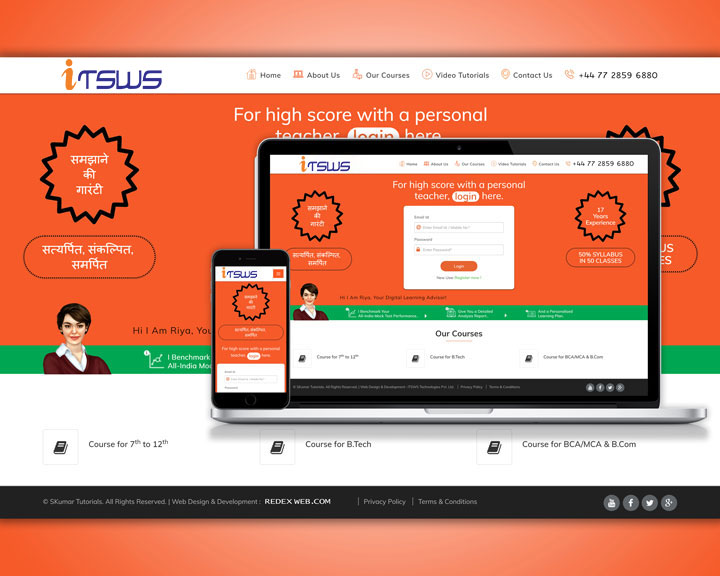- Home
- Technology is Impacting Management Consulting
Technology is Impacting Management Consulting
- Posted On: 2021-07-01 18:24:46

Company & Brands Reviews
OnePlus Technology Co. Ltd. is popular brand based Chinese smartphone, referred to as OnePlus, headquartered in Shenzhen, Guangdong. The company produce various types of smartphone based on latest technology and serves 34 countries and regions around the world. The company is well know for numerous phones around the world. OnePlus currently owned by Oppo as its only shareholder, subsidiary of BBK Electronics along with Vivo and Realme. The products are reviewed by the various types of valuable customers who are using Oppo products and share their experience online. The customers opinion and feedback to improve the product quality and support services. Customers feedback always valuable and make every product more effective and valuable.
OnePlus Mobile Phones
-
- 1 Review
London Kids is one of the best preschool in India, implements UK based curriculum and set the standards way for learning and growth the early age children Pan India. With professional’s teams, they are focusing on children’s growth time to time till the six years old.
London Kids
-
- 1 Review
Muthoot Finance Ltd. is an Indian based financial corporation and the largest gold loan NBFC in the country. In addition to financing gold transactions, the company offers foreign exchange services, money transfers, wealth management services, travel and tourism services, and sells gold coins. The company working hard towards improving and innovating the way the world accesses financial services.
Muthoot Finance
-
- 1 Review
Bharat Petroleum Corporation Limited (BPCL) is an oil and gas company run by the government of India. Its headquartered in Mumbai Maharashtra. it is founded in 1950. Products given by the Bharat Petroleum Corporation limited are Petroleum, Natural Gas, LNG, Lubricants, and petrochemicals.
Bharat Petroleum
-
- 1 Review
Kent RO Systems is an Indian popular multinational healthcare products company headquartered in Noida, Uttar Pradesh, the founder and key people Mahesh Gupta. It makes water purifiers based on the process of reverse osmosis purification. Over the years the company has diversified into other products such as air purifiers, vacuum cleaners, vegetable and fruit purifiers and water softeners. The company exports to SAARC countries, Middle East, Africa, Asia and Europe. It expects a contribution of 15% of total turnover to come from exports in the near future.
Kent RO Water Purifier
-
- 1 Review
Related Blog
Express yourself to wide customer base.
Shiftingwale Movers and Packers Services in major cities of India.
In this blog we will share the best details of Shiftingwale best packers and movers for home-shifting, office shifting and vehicle transportation in major cities. We'll also talk about how shiftingwale is the best packers movers in India and how they work in the top cities.
What consumers look for in reviews?
Customers reviews are an informative way about the products descriptions for various users. They mention their experience about the products who have taken first.
Benefits of Google Reviews for Your Businesses
With the help of products rating, the consumer shows their interest to buy particular products on behalf of Google ratings. The products ratings show the details of interested people who have already used the particular products.
Improving Career Strategies with Technological Skills
Technology is improving career strategies these days, the new ideas of technology to enhance the student's and employees' hard and soft skills for a better future.
Transportation Business Towards Growth With Trucking Cube
Trucking Cube (Container) is a closed box that is durable and spacious to house cargoes of all sizes.
Help Beginning Reader during the pandemic
This is for those children who do not know concerning technology, we tend to review analysis on the method of reading and what happens as kids become readers.







